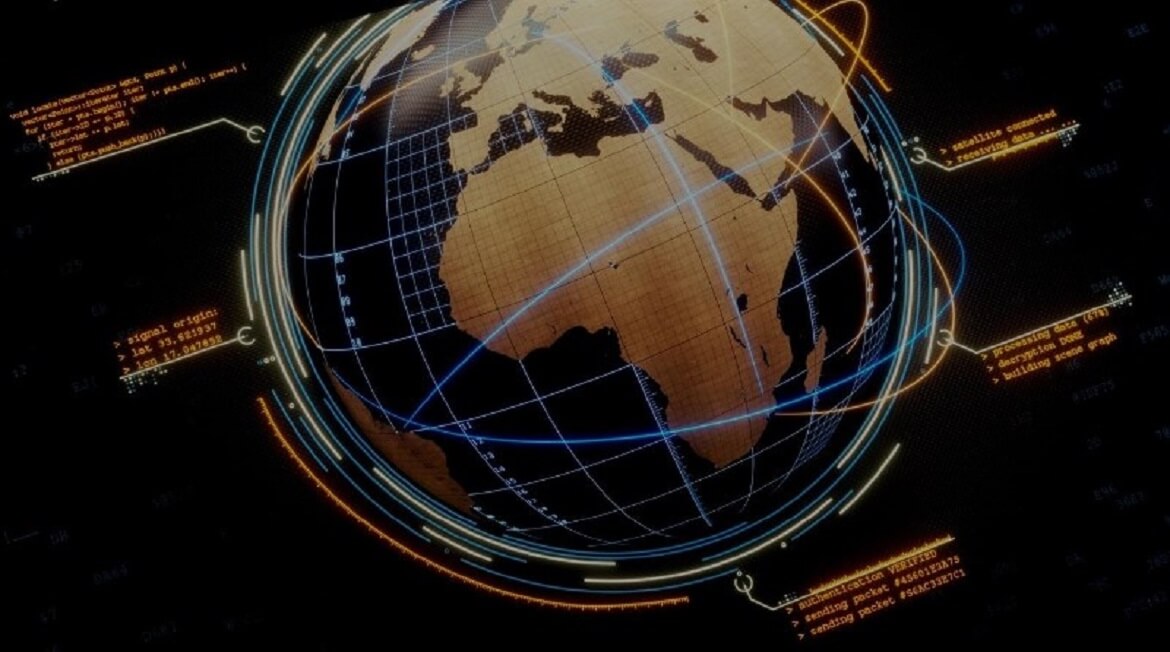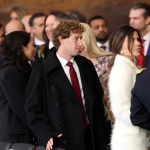Introduction
The digital revolution has reshaped the foundation of global leadership. Nations no longer compete solely through military might or economic dominance but through control over technology and data. Artificial intelligence, cybersecurity, and digital infrastructure have become the defining pillars of international power. In this evolving environment, those who lead innovation are also leading diplomacy.
At the same time, public figures and corporations are emerging as unconventional actors in global politics. From tech CEOs to influential entertainers, individuals with massive online reach now shape conversations once reserved for statesmen. Leadership in the modern world is no longer confined to government offices — it thrives across digital platforms where influence can shift the balance of global narratives overnight.
Technology as the New Currency of Power
In the 21st century, data has replaced oil as the most valuable resource on the planet. Nations that control technological infrastructure can predict trends, defend economies, and even manipulate global sentiment. Artificial intelligence allows governments to analyze millions of social and economic indicators, guiding decisions on trade, defense, and diplomacy with unmatched precision.
This transformation has elevated technology companies to positions of extraordinary authority. Tech giants now possess resources and reach that rival entire nations. Their platforms influence elections, global markets, and public behavior. As governments depend on their services, the line between corporate and political influence continues to blur, raising questions about accountability and sovereignty.
AI Rivalries and the Battle for Global Dominance
Artificial intelligence is fueling a quiet but fierce geopolitical race. The United States, China, and the European Union are investing billions in AI to secure technological independence and strategic superiority. Each sees dominance in machine learning and quantum computing as essential to national security. The competition extends beyond innovation — it’s about shaping the ethical and cultural standards that will govern the digital future.
For smaller nations, this race presents both opportunity and risk. Access to AI technology can boost economic development and global competitiveness, but dependence on foreign infrastructure may compromise autonomy. As alliances form around data-sharing agreements, the digital divide becomes a determining factor in global power distribution.
Celebrities and Corporate Voices in the Political Arena
Public figures from entertainment and technology have stepped into roles traditionally held by diplomats. Elon Musk’s influence in space exploration and digital communication has drawn governments into collaboration — and confrontation. Likewise, artists and activists use their platforms to advocate for privacy, environmental sustainability, and human rights, amplifying global awareness through digital movements.
This phenomenon reflects a shift in how global audiences consume leadership. A single social media post can reach more people than a televised speech by a world leader. The ability to mobilize support online gives celebrities and corporate figures a unique form of power — one that operates outside traditional political systems but carries immense public weight.
Cybersecurity and the Fragility of Digital Leadership
With the expansion of digital influence comes growing vulnerability. Cyberattacks have become tools of statecraft, capable of destabilizing economies and disrupting critical infrastructure. From power grids to healthcare systems, no sector is immune to digital threats. The same connectivity that empowers global progress also exposes nations to unprecedented risks.
Governments are now investing heavily in cyber defense and data protection. International agreements on digital security remain limited, and trust between nations is fragile. As states navigate these challenges, the balance between openness and protection will define the credibility of future leadership. The next global conflict may not be fought with weapons, but with algorithms.
Global Cooperation in a Divided Digital World
Despite competition, collaboration remains essential. Shared challenges such as climate change, pandemics, and cybercrime require coordinated digital responses. AI-driven analytics are already helping track disease spread, manage energy use, and monitor environmental changes. Yet the success of these initiatives depends on transparency and mutual trust — resources that are increasingly scarce in polarized international politics.
Nations must find a balance between securing their data and supporting shared progress. The future of diplomacy will likely depend on creating digital frameworks that encourage innovation without compromising sovereignty. Global cooperation through technology is possible, but it demands a new kind of leadership — one that values ethics as much as efficiency.
FAQs
Why is technology now central to global leadership?
Technological capability determines a nation’s ability to compete, protect itself, and influence global policy decisions.
What role does AI play in international power dynamics?
AI shapes military strategies, trade policies, and global communications, making it a cornerstone of modern diplomacy.
How do celebrities influence global politics?
Their platforms reach massive audiences, turning complex political and social issues into accessible global conversations.
Why is cybersecurity critical for nations today?
Digital infrastructure underpins economies and defense systems, making protection against cyberattacks vital for stability.
Can global cooperation survive digital competition?
Yes, but only if nations prioritize transparency, trust, and ethical data-sharing over rivalry and isolationism.
Conclusion
The digital era has redefined what it means to lead. Power is no longer measured in territory or armies but in algorithms, data, and innovation. Technology now governs the pace of diplomacy, the scope of influence, and the resilience of nations in a constantly shifting landscape.
As humanity enters deeper into the algorithmic century, the responsibility of leadership expands beyond borders and offices. True global authority will belong to those who can balance progress with principle — ensuring that technology serves as a bridge for cooperation rather than a tool of control.




